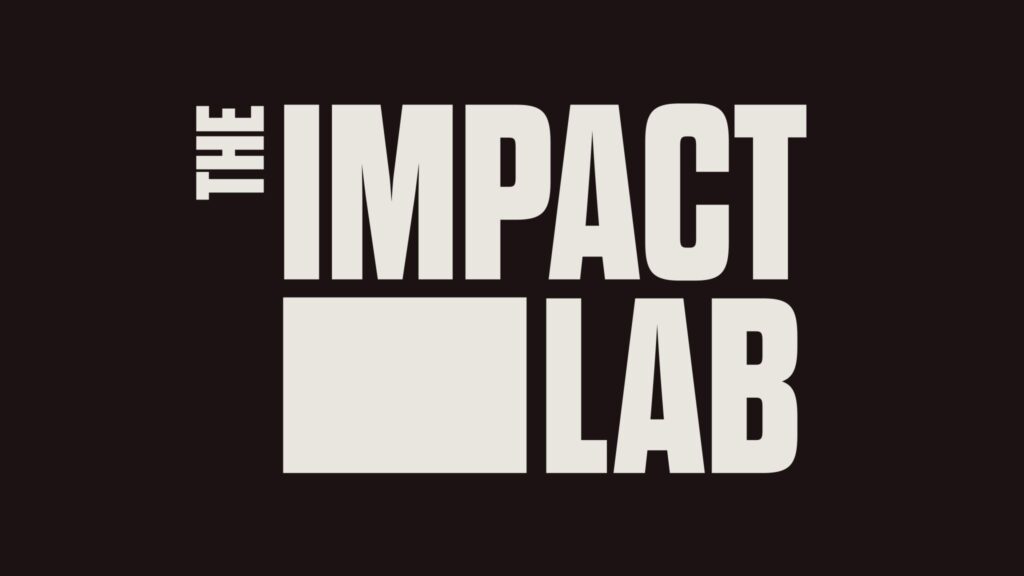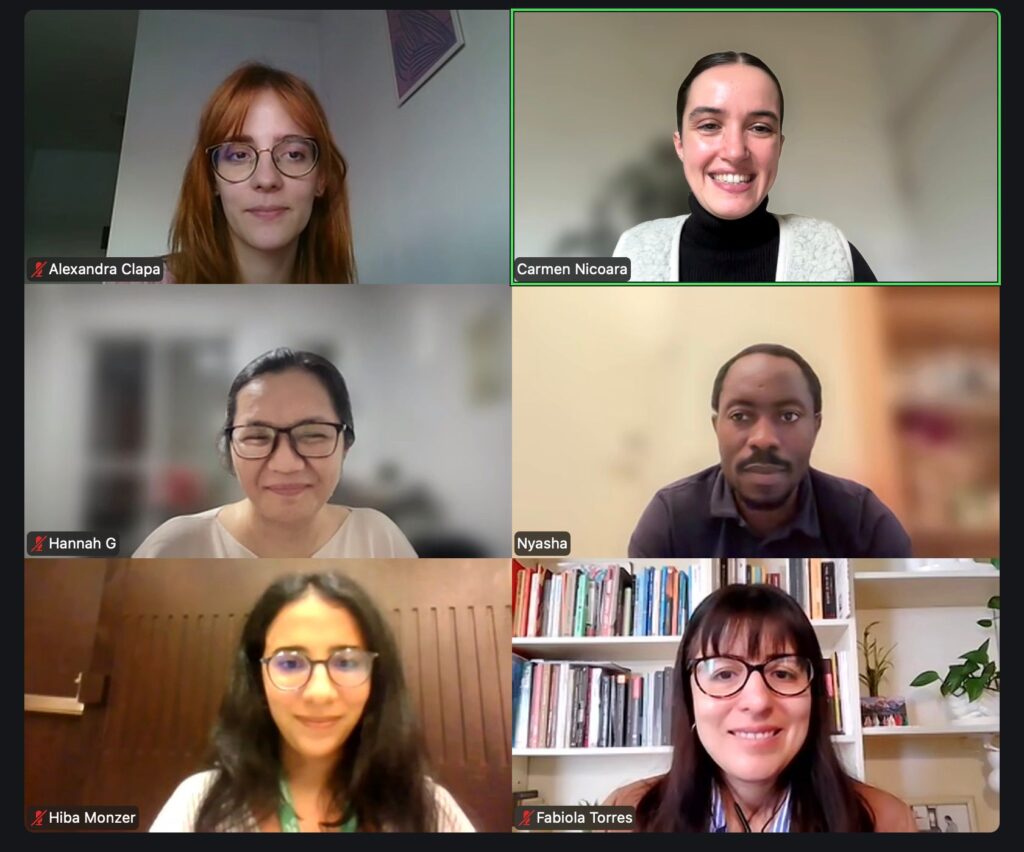If journalism keeps chasing clicks, it will keep missing change. The Impact Lab—created by Syli with Report for the World and climateXchange (cXc) as founding partners—proposes a different north star: outcomes in the real world. Structured as a 12-month, newsroom-embedded fellowship, The Impact Lab is prototyping a new hybrid role, the Impact Strategist—part strategy, part audience insight, part community convening, and part cultural vision. The aim: move beyond pageviews and engagement dashboards to journalism that catalyses cultural, social, and systemic change.

A Partnership Built for Practice
This collaboration marries distinct strengths. Syli leads programme design and delivery. Report for the World brings a global network and a track record of strengthening local news through funding, coaching, and cross-border learning. climateXchange contributes its culture-first approach—translating big issues like climate into everyday narratives that drive action. “We’re creating a hybrid role that bridges narrative and systems change,” says Dr. Carmen Nicoara, The Impact Lab Programme Lead.
As Preethi Nallu, Executive Director at RFW, puts it: “This is about building sustainable infrastructure for impact—evolving beyond reach and engagement toward relevance, responsibility, and resilience.” For cXc, says Programme Director Shereen Daver, The Impact Lab’s transdisciplinary method is what “breaks journalism’s echo chamber.”

The Inaugural Fellows
The pilot launches with five Impact Fellows, each embedded in their newsroom to test what an Impact Strategist can do within real constraints and opportunities:
- Fabiola Torres, Co-founder, Salud con Lupa (Peru)
- Nyasha Mukapiko, Learning Consultant, Magamba Network (Zimbabwe)
- Alexandra Clapa, Editor-in-Chief, Gen,știri (Romania)
- Hiba Monzer, Innovation Lead, Daraj (Lebanon)
- Hannah Grace Gamis, Head of Content Operations, PumaPodcast (Philippines)
Each fellow receives a salary, tailored mentoring from The Impact Lab, Report for the World, and selected experts, and access to a rigorous Impact Masterclass drawing on behavioural science, neuroscience, community-led engagement, UX design, impact evaluation, and narrative polarisation research. The goal isn’t another workshop deck; it’s to rewire decision-making so that impact is designed in from the start.
Roby Alampay from the PumaPodcast emphasises “The very task of identifying an impact specialist to nominate to the The Impact Lab fellowship compelled us to confront a simple yet powerful question: Given our small newsroom and our limited resources, which area of work will give us great strategic footing? In our case, the crucial support we elected for our head of content allows us not only to understand our ambitions but, more crucially, center our operational attention.” He went on to say “While our Fellow gains confidence and skills that she then downloads to the rest of the team, the entire PumaPodcast team feels stabler around this focus that we ourselves – with a simple prompt from RFW – were moved to identify and lean into.”
Another of the leading Impact Fellows, Fabiola Torres, Co-founder of Salud con Lupa said that “Journalism needs more than good stories — it needs to move things. Social impact specialists are the bridge between investigation and change, between evidence and action. They help us see impact beyond metrics — in the trust we build, in the conversations we spark, and in the small or big changes that make our communities healthier and fairer… This fellowship with The Impact Lab will help us at Salud con Lupa strengthen that vision: to connect our work more deeply with people, measure meaningfully what we achieve, and use each story as a chance to drive more just decisions in public health.”
From Theory to Newsroom Routines
A backbone of the programme is Syli’s proprietary 3D Theory of Change framework, which Fellows will adapt to their contexts—guiding beat selection, resource allocation, partnerships, distribution, and individual story design. Impact is measured beyond vanity metrics toward usefulness (whom the work serves), uptake (what decisions or behaviours change), and durability (which practices stick after publication). By linking editorial choices to community needs and clear outcomes, The Impact Lab helps teams build sustainable impact practice in their news organisations.
The Impact Lab arrives amid audience fatigue, funding instability, and political headwinds. Optimising for attention can be a dead end; optimising for impact—with defined communities and credible change pathways—offers a more resilient strategy. This is explicitly a pilot, with learning in public: what works in different organisational settings, what needs rethinking, and what new possibilities emerge when impact is a craft, not an afterthought. Expect experiments that include community partnerships, sharper amplification plans, and disciplined follow-through—returning to stories to track change and plan next steps.
Scaling Through a Network
To ensure the pilot’s lessons endure, the programme is establishing The Impact Catalyst Network—a global community of current and former Fellows who support one another to sustain impact practice over time. The Network will help produce regular insights and case studies, circulating practical know-how across regions and teams. As Tom Trewinnard, Executive Director at Syli, notes, too often journalism’s “impact goes unseen because the systems to measure and support it just aren’t there,” and The Impact Lab is a long-term commitment to building the tools and networks that help newsrooms demonstrate and deliver meaningful change.
Success won’t be a single blockbuster story. It will be clearer editorial choices, stronger community relationships, and repeatable newsroom routines that make impact measurable and manageable. It will look like teams that can explain—to themselves, partners, and supporters—why their journalism matters and how it changes things. Above all, it will look collaborative: Syli’s programme architecture, RFW’s global support for local newsrooms, cXc’s culture-first lens, and the Fellows’ leadership on the ground—working together to make impact the norm, not the exception.
